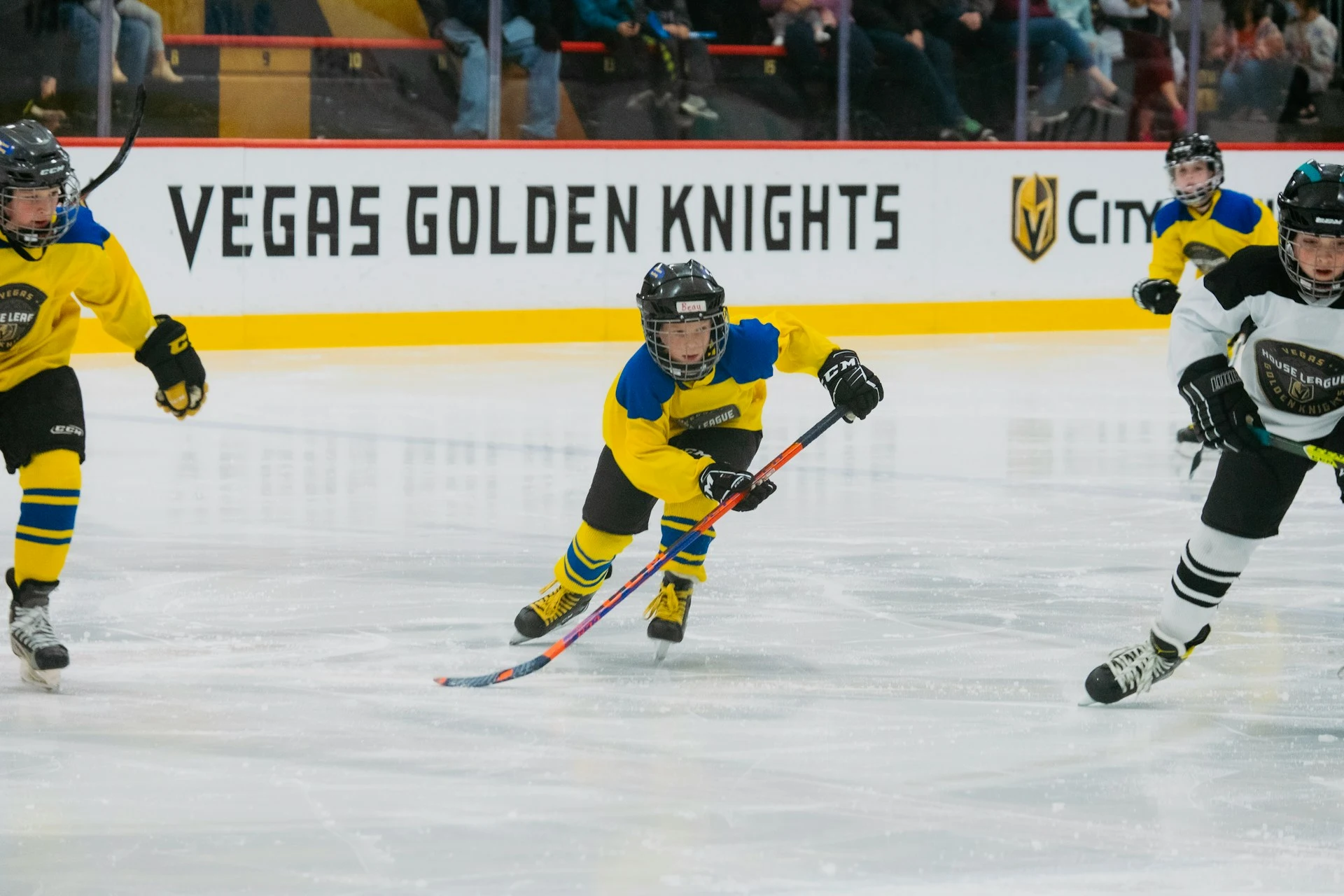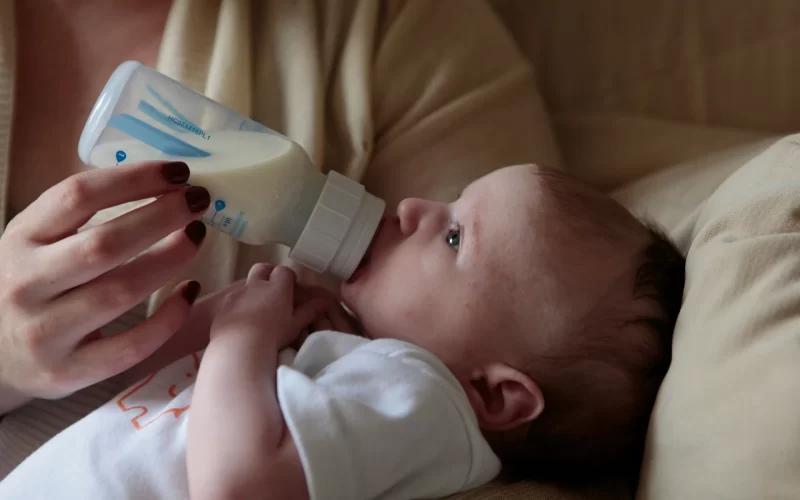In order to understand how to identify and treat a concussion it is important to understand what a concussion is. A concussion is a type of traumatic brain injury (TBI), generally caused by a sudden hit to the head or strong blow to the body that causes the head and brain to move rapidly. During this rapid movement, the brain can turn or bounce around inside the skull, leading to chemical changes and brain cell damage.
How dangerous are concussions?
Although concussions are generally classified as “mild” TBIs, concussions can be very serious causes for concern. While most concussions are not life-threatening, it is very important to identify them and treat them correctly.
What you may notice if your child has a concussion:
- Inability to recall events prior to or after a hit or fall.
- Appears dazed or stunned.
- Difficulty with thinking and paying attention
- Clumsy movements
- Loss of consciousness
- Mood, behavior, or personality changes
- Headaches
- Irritability
What a child may report if they have a concussion:
- Headache or “pressure” in head.
- Nausea or vomiting.
- Balance problems, dizziness, double vision.
- Bothered by light or noise.
- Feeling sluggish, hazy, foggy, or groggy.
- Confusion, or concentration or memory problems.
- Feeling “down”.
In addition to all the above signs, babies and toddlers may display concussion symptoms and signs such as:
- inability or unwilling to nurse or eat
- Crying and can not be comforted
- Loss of interest in toys and surroundings
When to go to the emergency room or call an ambulance
In rare cases, a severe head injury can cause a hematoma inside the brain. A hematoma is a collection of blood that gathers in the brain and pushes against the skull. A hematoma is a medical emergency. You should go immediately to the emergency room or call an ambulance if the person has:
- Loss of consciousness
- Seizures, shaking or twitching
- One pupil larger than the other
- Inability to wake up
- Repeated vomiting
- Slurred speech
- Loss of memory for more than an hour
- Symptoms becoming suddenly worse
You’re unsure if your child has a concussion, what do you do?
- If the person is playing in a sport or game, immediately stop them from playing and observe them. Follow the CDC slogan: “When in doubt, sit them out”.
- Continue to monitor your child, stay observant for any possible signs of concussion.
- If the child shows any of the above symptoms or signs, call your doctor and explain the situation.
Treatment of concussions
Most children with a concussion feel better after a few weeks, but some symptoms can last for a month or longer. Additional symptoms may appear during the normal healing process or as your child returns to normal activities. If any symptoms concern you or worsen, contact your physician immediately.
Short-term changes to your child’s life can help the healing process. During the first few days, rest and relaxation should be the priority. Your child should take it easy following their injury. Limit physical and mental activities to avoid worsening any symptoms and allow the mind to rest. Limit intense demands on your child’s cognition and avoid excessive screen time. Find relaxing activities at home like playing with toys or drawing.
Sleeping after a concussion
Many people have been told not to allow people who have recently suffered a concussion to fall asleep. Recent research has shown that there is no real reason not to sleep after a concussion. As long as the patient who was injured is conscious and able to hold normal conversation, is not developing any new symptoms such as dilated eyes or difficulty walking, the patient can be allowed to sleep.
Children are safe to sleep as long as they have been cleared by your doctor. They should be woken up a couple times during the night to make sure they have no difficulty arousing.
In general, it is far better to be safe than sorry! If you suspect your child has had a head injury or concussion, contact your doctor to keep your child safe!






